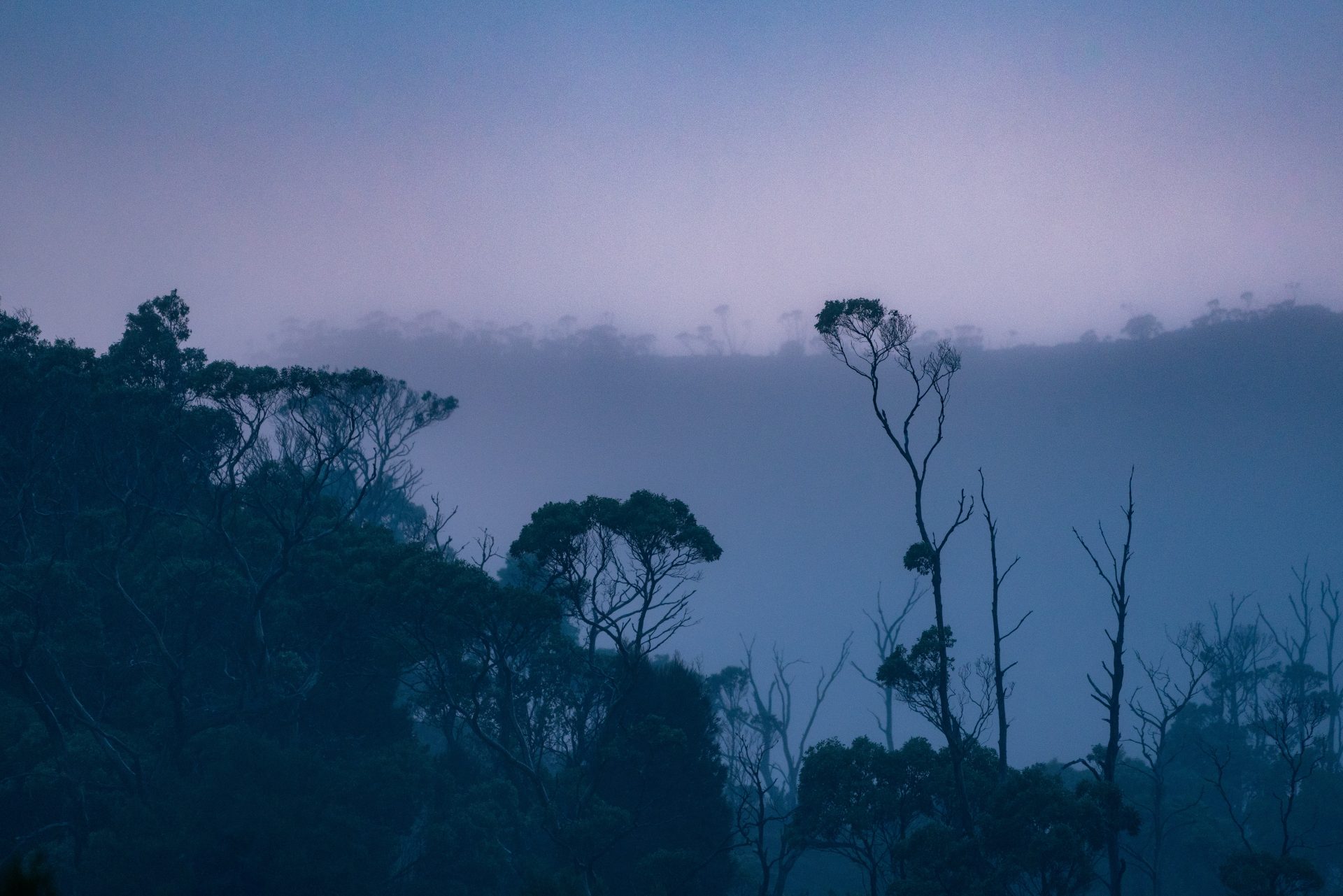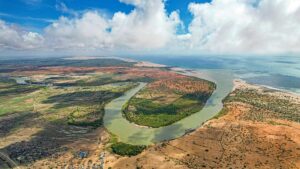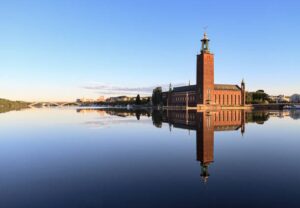The planetary boundary for freshwater has been transgressed, according to researchers at Stockholm Resilience Centre, SRC. Their conclusion comes after having included, for the first time, “green water” in the assessment of the planetary boundary for freshwater.
The concept of green water was originally developed by SIWI’s senior advisor Malin Falkenmark. It refers to terrestrial precipitation, evaporation, and soil moisture, or somewhat simplified: the water that is available to plants.
Green water is fundamental to Earth system dynamics but has, until now, not been explicitly considered when assessing the status of the planetary boundaries framework. Such assessments have focused exclusively on “blue water” – the water found in rivers, lakes, and the groundwater. Changing this, to also include green water in the equation, paints a bleak picture for the future of the planet.
“Water is the bloodstream of the biosphere. But we are profoundly changing the water cycle. This is now affecting the health of the entire planet,” says Lan Wang-Erlandsson, lead writer of SRC’s study.
The planetary boundaries framework was defined in 2009 and demarcates the safe operating space for humanity. In other words, our entire future depends on our ability to keep within those boundaries, and yet we increasingly fail to do so. Freshwater use is one of nine planetary boundaries in the framework. It is the sixth to be transgressed.
“SRC’s study shows that the disturbances to the Earth’s water cycle are so extensive that there is a great risk of ecosystems collapsing. We are already experiencing this in many places on earth, as we are more often affected by widespread droughts, major floods, and severe forest fires. If this trend is not reversed, these water risks will increase even further,” says Malin Lundberg Ingemarsson, climate and landscapes specialist at SIWI.
Together with SIWI colleagues Thérèse Rudebeck, Anna Tengberg, and Josh Weinberg, she works closely with SRC and other organizations (see below) on an upcoming report about the role of water in climate mitigation. The main message is that a strong focus on water is essential in these efforts.
Lundberg Ingemarsson says that there is a risk that many of the earth’s large CO2 sinks, such as the Amazon, will tip over and instead start releasing carbon.
“These processes can be very difficult to stop once they start. It is of the utmost importance that we reverse this development. A crucial part of that is to invest in sustainable water management for improved climate action.”










